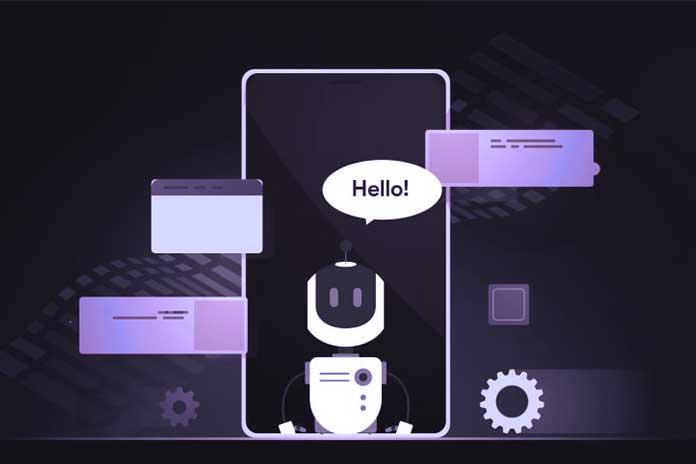The AI growth potential is primarily based on the ever-increasing digitization of industrial production, promoted in recent years under the vision of Industry 4.0. Advanced digitization and the increased performance of modern computing technology enable the optimization of individual production processes and create the conditions for successfully introducing AI in many production areas. Promising AI application areas for medium-sized manufacturing companies are very diverse, and creating an exhaustive list is impossible. For this reason, only a rough overview is given in this article.
Maintenance
When using AI-based forecast models, you can determine exactly what condition your machines are in. This allows you to make timely decisions about which systems require maintenance. By adopting the maintenance plan, you avoid breakdowns in your machine park. Historical and current machine data form the basis for these AI algorithms.
Process Optimization And Process Control
This is another field of application for artificial intelligence in production. Manufacturing or process engineering processes are optimized in the process. Optimization focuses not only on the machines but also on the production steps or entire process chains. For example, based on machine and process data, important influencing factors can be determined, and optimal process settings can be made using AI models. The AI algorithm can evaluate the production process in real-time and make the appropriate adjustments if necessary. This allows you to minimize both rejects and the energy requirements of your processes.
Quality Control
Here, the AI-based processes, such as image recognition or image classification, help you to automate the time-consuming and error-prone manual quality controls. After training, the AI can recognize the anomalies in camera images and provide the operator with appropriate hints. Alternatively, the AI can also sort out the defective parts fully automatically.
Also Read: Three Possible Uses For Artificial Intelligence In Human Resources
Product And Process Development
You can optimize your design and engineering processes with AI solutions, such as artificial neural networks, to predict the mechanical properties of products. One of the many possible uses for AI is machine learning to evaluate test or simulation data to uncover complex relationships in product development using pattern recognition. Using AI for planning and optimization tasks also makes sense to save manual effort and accelerate the development process.
Assistance Systems
Assistance systems are now a fixed and high-potential component of AI applications. The task of assistance systems is to support people in various activities. Assistance systems are not intended to replace people, but they do give them essential information and warn against incorrect interventions. Machine learning and deep learning open up numerous new possibilities and application areas for assistance systems – even in increasingly complex application scenarios.
Automation
With artificial intelligence, causal relationships can be established, and self-learning can optimize production processes. This results in self-optimizing machines and systems that can adapt to changing production conditions and strive for optimized machine utilization. Cost-optimized production is made possible by AI through the cross-process step evaluation of numerous data from machine groups, systems and production lines, as well as operating data.
Logistics
Today, AI systems support companies with action planning and optimization algorithms in warehousing. The critical stock levels are recognized, and suggestions for keeping material quantities available based on forecast models are issued. AI is also increasingly being used in the transport of goods. Examples include route planning for driverless transport systems and dynamic route adjustment for autonomous vehicles, which allows them, for example, to recognize and avoid obstacles.
Also Read: Artificial Intelligence In India: 5 Reasons To Make AI More Accessible


